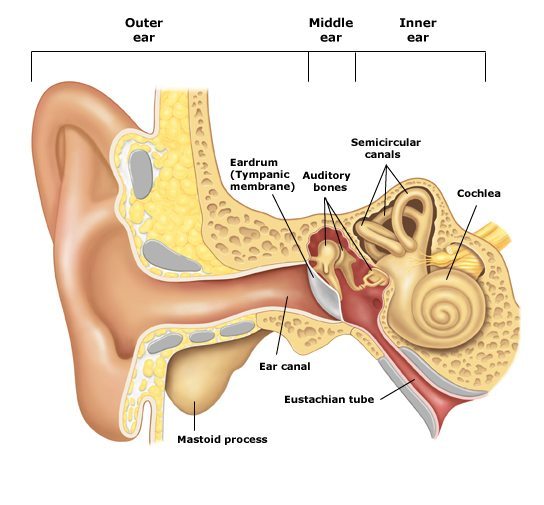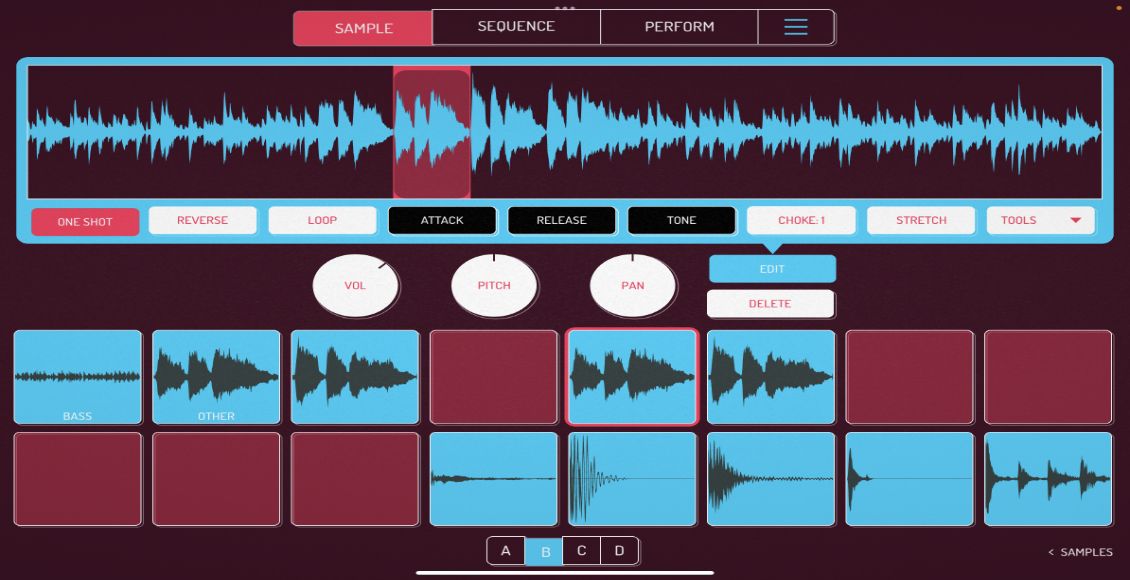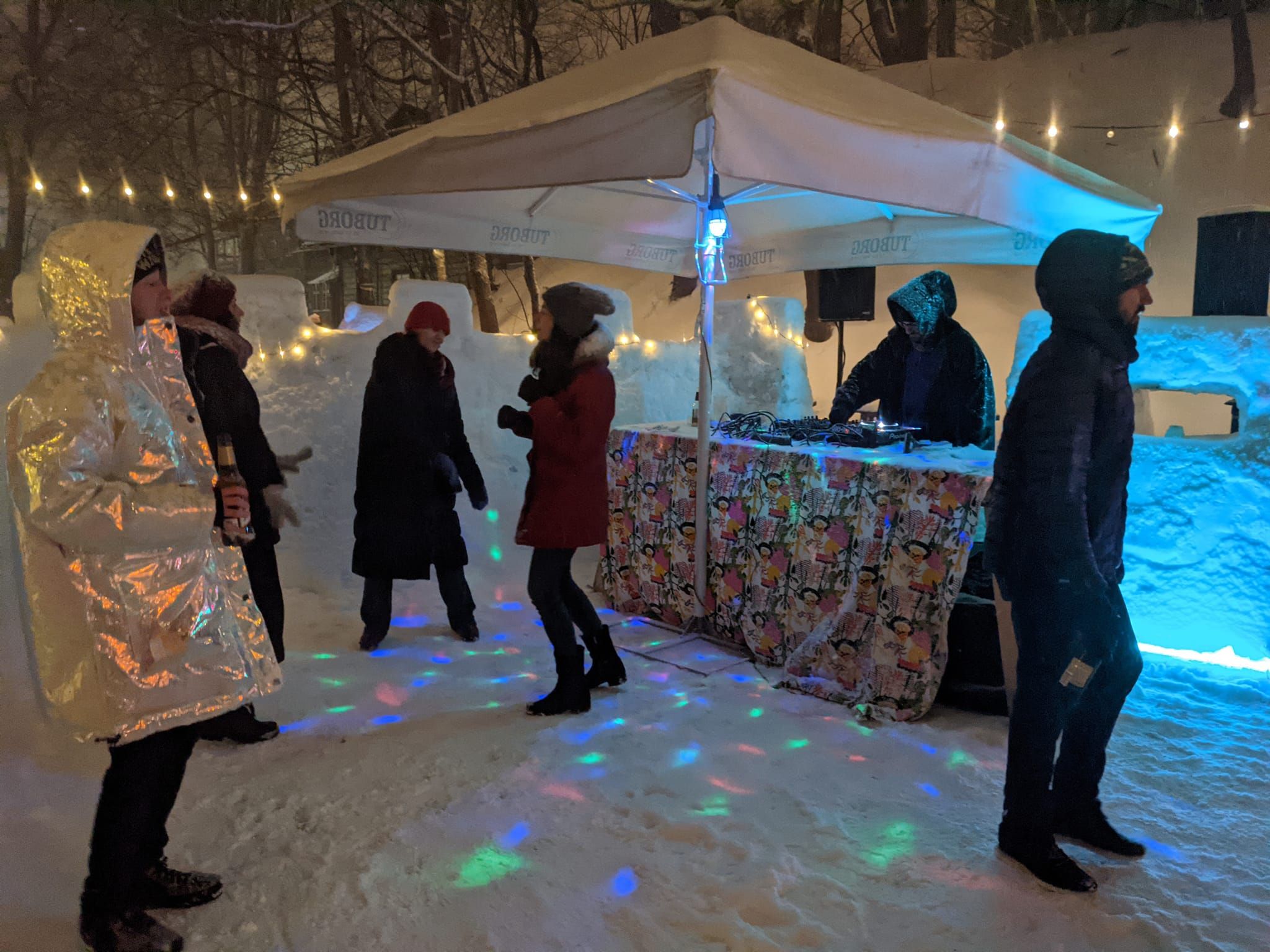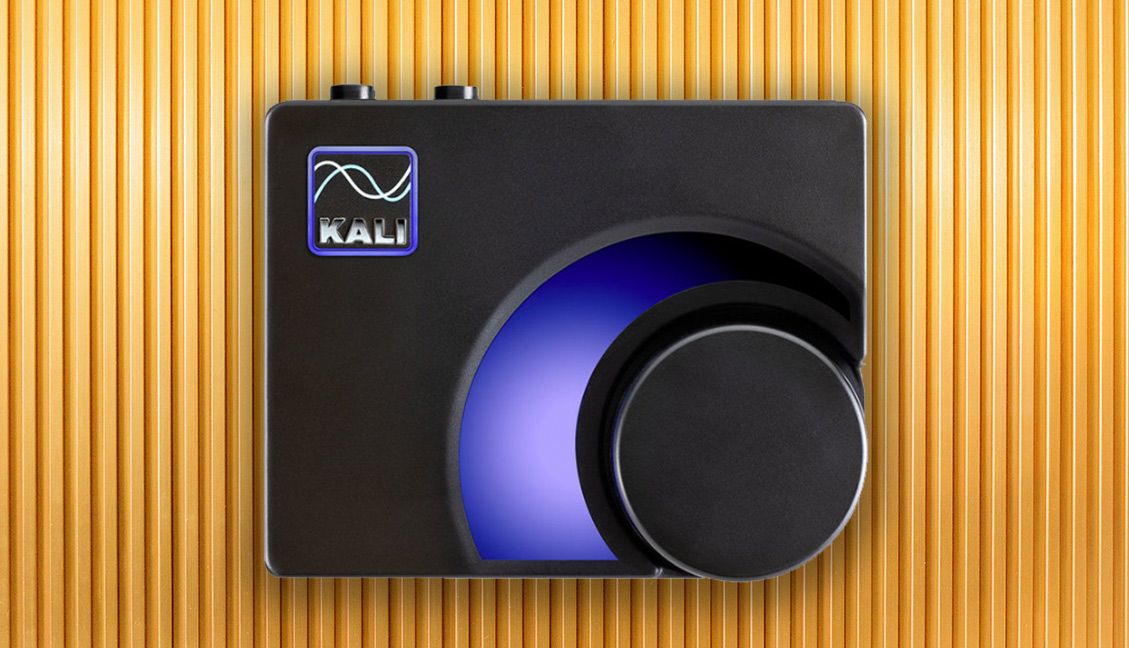You just left a gig and you’re dialing the number you got halfway through your set. As you lift the phone, you notice two kinds of ringing. One is coming from the phone, but the other one? That, my fellow DJ, is the piercing cry of a damaged microscopic hair in your inner ear, who’s sole purpose is to pick up that very frequency you’re hearing. No big deal, right? Yes, big deal. That tiny hair is making that shrill noise because it’s so severely damaged, it’s about to die. And even worse, you will probably NEVER hear that frequency again. That’s right, never. In this article, I give you a brief lesson on the anatomy of the human ear and interview two experts, so you can begin to understand what is happening beneath the headphones.
In past articles we have mentioned ear protection and different monitoring options for DJs, but how many of you have actually gone out and purchased ear protection? Sure, it helps to turn down the monitors occasionally, but that alone is not going to keep you from turning out like Frankie Wilde, the DJ who goes deaf in It’s All Gone Pete Tong.
THE HUMAN EAR
To avoid putting everyone to sleep with a detailed anatomy lesson, I will simplify this very complex system as much as possible, while still getting across the basic concepts You can use this diagram as a visual reference as you read my description.

There are three main sections that make up the human ear. First, you have the Outer ear. This section of the ear includes your pinnae (the floppy things on the side of your head) and your external ear canal. This this where sound waves are first collected into the ear and become amplified as they reflect and condense on their way through the ear canal.
Sound waves then make their way into the Middle ear, where they resonate against the tympanum (eardrum), which sends the vibrations through a series of small bones. At this point, the sound waves have been translated into mechanical energy.
From there, that energy is then passed into the Inner ear, or the cochlea. While the cochlea is an extremely complex system in itself, for our purposes it is best to think of it as a spectrum analyzer. Inside the cochlea there are thousands of microscopic cilia (hairs), each designed to only respond to one individual frequency. The thousands of these hairs all interpreting different frequencies are what give the human ear an effective hearing range of 20Hz – 20kHz, which makes up what we understand to be the “full” frequency spectrum. Finally, all of this information is sent to the brain as electrical impulses via the auditory nerve.
INTERVIEW WITH AN EXPERT… OR TWO
DJTT: Can you tell us a little bit about yourself?
AJ Tissian: “First I must say that I am not an audiologist, nor am I a doctor. For over 20 years I’ve been a professional audio producer, engineer and musician. I’m the owner/operator of Grand Street Studio in Williamsburg, Brooklyn, and I am an instructor at the SAE Institute of Technology in NYC.”
DJTT: What exactly is ear fatigue, and how is that different from hearing loss?
AT: “Ear Fatigue means ‘tired ears.’ It’s caused by a condition known as temporary threshold shift (TTS), which is an elevation in the threshold of human hearing caused by long exposure to loud sound. The human ear has several ways of protecting itself from becoming damaged when it’s exposed to loud sounds. One of these ways is to reduce its sensitivity, causing the hearing threshold to shift upwardly. This causes us to hear sound differently than when our ears are fresh, especially high and low frequencies. This makes things that are generally quiet to begin with hard to hear at all, so we wind up cranking everything to “11”, making what’s already a bad situation worse. Making critical audio decisions while fatigued is not a good idea and will probably result in making serious mistakes. Thankfully it’s a temporary situation that a good night’s sleep (or 2) can help solve, but continual exposure to loud sound will cause it to become permanent. Now we’re talking about permanent hearing loss.
“There are two types of hearing loss. The first is called “sensorineural” hearing loss and is a result of nerve damage in the inner ear. The other is called “conductive” hearing loss and is caused by mechanical problems in the outer ear, most likely a torn eardrum or the death of many cilia in the middle ear. Most people naturally suffer from one or both of these conditions as they get older. Exposure to loud sound can either speed up the onset of these issues or could outright cause them.”
DJTT: Can you explain exactly what is happening as someone begins to lose their hearing?
AT: “They are either giving themselves nerve damage (this is very likely from prolonged and repeated exposure to excessively loud sound) or mechanical damage. The cilia that respond to high frequencies are very weak and fragile. If we flatten them continuously with huge sound waves (like wheat gets flattened by high winds) they’ll eventually die off. This is a permanent condition, as these cells do not regenerate.”
DJTT: How can ear fatigue or partial hearing loss affect a DJ’s performance?
AT: “Hearing loss will affect everything they do in their daily lives that requires hearing. Everything will sound very “dull” and conversations will be very hard to understand, especially in noisy environments like restaurants, bars, clubs, parties and even walking the streets. These people will also need to crank things like their TVs and stereos to distinguish the dialog from background sounds or music.
“As far as performance goes, beat matching and mixing records in a club setting doesn’t require too much critical listening, but if they play around a lot with EQs, filters and effects when they gig, they will have a very difficult time making good mixes without the help of someone who has “good” ears to be critical for them. Some typical issues they’ll encounter from this condition is the tendency to shred the upper mids and highs and/or blow out all the lows making things sound just awful.”
DJTT: In your opinion, what are the most aurally damaging activities that most DJ’s would be likely to encounter?
AT: “Long use of headphones and monitors at ridiculously loud levels and being in loud nightclubs for hours on end without wearing proper linear attenuating earplugs.”
DJTT: Are there any performance scenarios that a DJ should altogether avoid?
AT: “See above.”
DJTT: At what volume level should a musician start to become concerned with long-term damage?
AT: “Anything over 100 dB-SPL for more than 15 minutes a day should be a serious concern. Short-term exposure to very loud levels (over 120 dB-SPL) can cause loss after very few periods of this abuse. Anything over 150 will cause permanent loss instantly (literally).”
After this interview I went around to a few clubs NYC to check dB levels in the DJ booth. I found that in most cases when the DJ had the monitors up and the club system at full whack, the sound level meter showed an average of anywhere from 95 to 105 dB-SPL — in some cases even higher!
DJTT: What is the best measure a performing musician can take to protect their ears without affecting their performance?
AT: “Turn it DOWN! Or… wear custom made, linear attenuating earplugs whenever you practice or gig.”
DJTT: Any other tips or tricks you could offer that would help a DJ maintain a long and audible career?
AT: “When working in the booth or in the studio keep the long-term average level between 85-90 dB-SPL. Only use headphones when you have to, and DO NOT use them for recreational listening. I know I sound like a crazy person right now, but I’m serious — so get over it. (Ignoring this advice will cause ear fatigue before you even get to the gig!)
PART DEUX
Now I know some of you are saying, “But he’s not an audiologist. Why should I listen to him?” Well, I also spoke to my friend David Fradkin, a private-practice audiologist. He has an MA in Deaf Education from Columbia University and an MA in Audiology from the University of Massachusetts. Here’s what he had to say:
“Sensori neural hearing loss is a result of damage to the hair cells or neural fibers that line the cochlea. Exposure to loud noise can cause a temporary threshold shift in hearing that can last around 24 hours. Repeated noise exposure can eventually harm the neural endings, primarily along the basal portion of the cochlea and can result in a permanent threshold shift.
“Anybody exposed to relatively loud sounds should be wary. When we look at a sound spectrum that may be harmful to the hearing mechanism, we look at duration, intensity and frequency. High frequencies for a long duration and any frequencies at high intensities (above 80 dB HTL) are potentially deleterious to the auditory mechanism.
“Keep this in mind; if a person needs to raise his voice to be heard by someone next to him, then the ambient noise may be potentially harmful. Take precautions. Once neural damage occurs, it can be permanent.”
(In most cases I find that you always have to yell to the person next to you when in the DJ booth.)
THE BOTTOM LINE
I hope by this point you are beginning understand the absolute need to protect your hearing. In my next article, I will discuss the three main options you have available for effective ear protection, the pros and cons of each, and how they stack up by price. In the meantime — mockumentary or not — I’d like to leave you with a quote from the Pete Tong film.
“There’s not much you can do as a DJ if you can’t hear.”
SIDE NOTE: I would be a very bad person to tell you all this and not even help you start looking for some kind of hearing protection before my next article. Here are a few sites you can check out in the meantime to get you going in the right direction.









